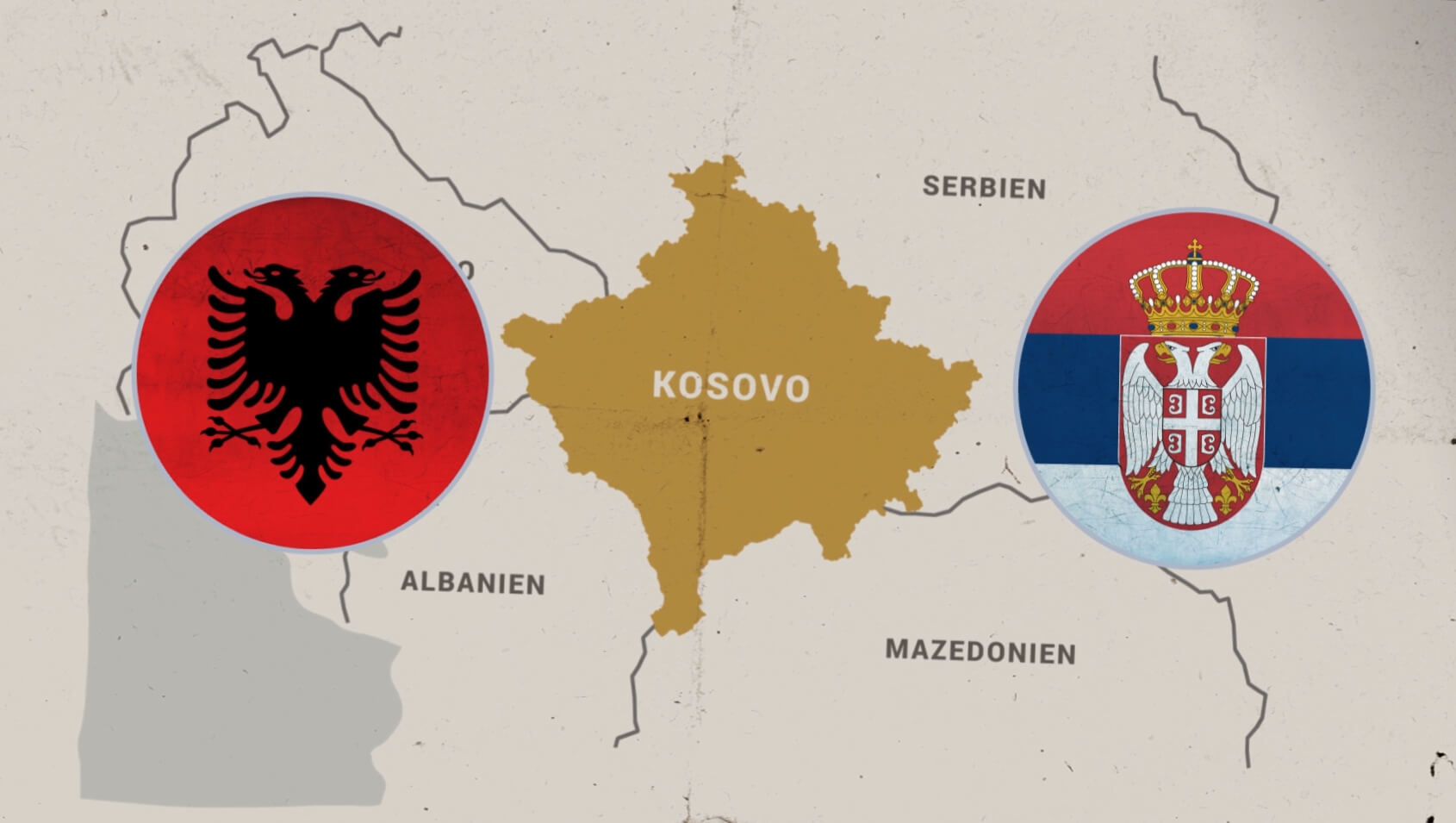moulddni0.com – Kosovo’s relations with its neighboring countries are complex and multifaceted, shaped by historical, political, and social factors. This article explores the dynamics of these relationships, focusing on key interactions and the challenges and opportunities they present.
Relations with Serbia
The relationship between Kosovo and Serbia is perhaps the most contentious aspect of Kosovo’s foreign policy. Since Kosovo declared independence in 2008, Serbia has not recognized it as a sovereign state and continues to claim it as part of its territory. This stance has led to significant tensions, including protests and diplomatic disputes over issues such as border control and recognition of official documents.
Despite these challenges, there have been efforts to normalize relations. In 2013, the Brussels Agreement was signed, which aimed to normalize relations between the two countries. This agreement included provisions for the establishment of a Community of Serb Municipalities in Kosovo and the facilitation of Kosovo’s participation in international organizations.
Relations with Albania
Kosovo shares a close relationship with Albania, largely due to ethnic and cultural ties. Albania was one of the first countries to recognize Kosovo’s independence, and the two countries have strong economic and political ties. This relationship is characterized by mutual support and cooperation in various international forums.
Relations with Montenegro and Macedonia
Kosovo also maintains positive relations with its other neighbors, Montenegro and Macedonia. Both countries recognized Kosovo’s independence early on and have supported its integration into international organizations. These relationships are generally stable and are focused on regional cooperation and economic development.
Challenges and Opportunities
The primary challenge for Kosovo in managing its relations with neighboring countries is the ongoing dispute with Serbia. This conflict not only affects bilateral relations but also influences Kosovo’s integration into international organizations and its economic development.
However, there are also opportunities for cooperation. The normalization of relations with Serbia, as outlined in the Brussels Agreement, could lead to significant economic benefits and regional stability. Additionally, Kosovo’s close ties with Albania and other neighbors provide a strong foundation for regional cooperation and integration.
Conclusion
Kosovo’s relations with its neighboring countries are complex but not insurmountable. While challenges such as the dispute with Serbia persist, there are also opportunities for cooperation and integration. By focusing on regional cooperation and addressing historical grievances, Kosovo can work towards a more stable and prosperous future.
